In our hyperconnected digital world, productivity isn’t just a buzzword – it’s a way of life. With the explosion of remote work, digital education, and personal growth trends, finding the right tools to stay focused and organized is more important than ever. In 2025, there are thousands of apps promising to boost productivity, but only a handful truly deliver.
This guide spotlights seven game-changing apps that will help you get more done in less time – whether you’re a professional, student, or entrepreneur. Let’s dive into the best apps of 2025 that are transforming how we work and live.
Notion
Category: All-in-One WorkspacePlatforms: Windows, macOS, iOS, Android, Web
Why it stands out: Notion continues to dominate the productivity space thanks to its all-in-one capabilities. Whether you’re taking notes, managing projects, or building a knowledge base, Notion offers unmatched flexibility.
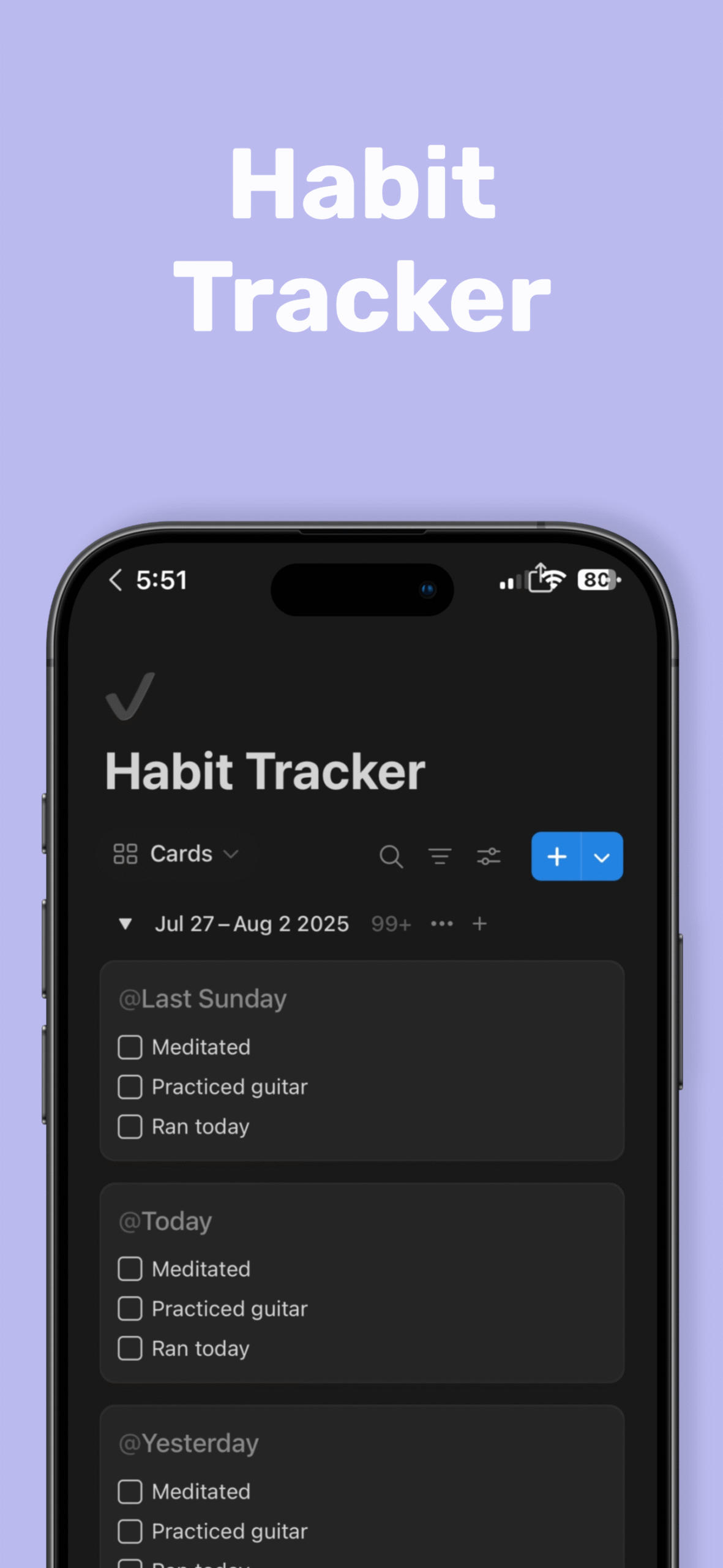
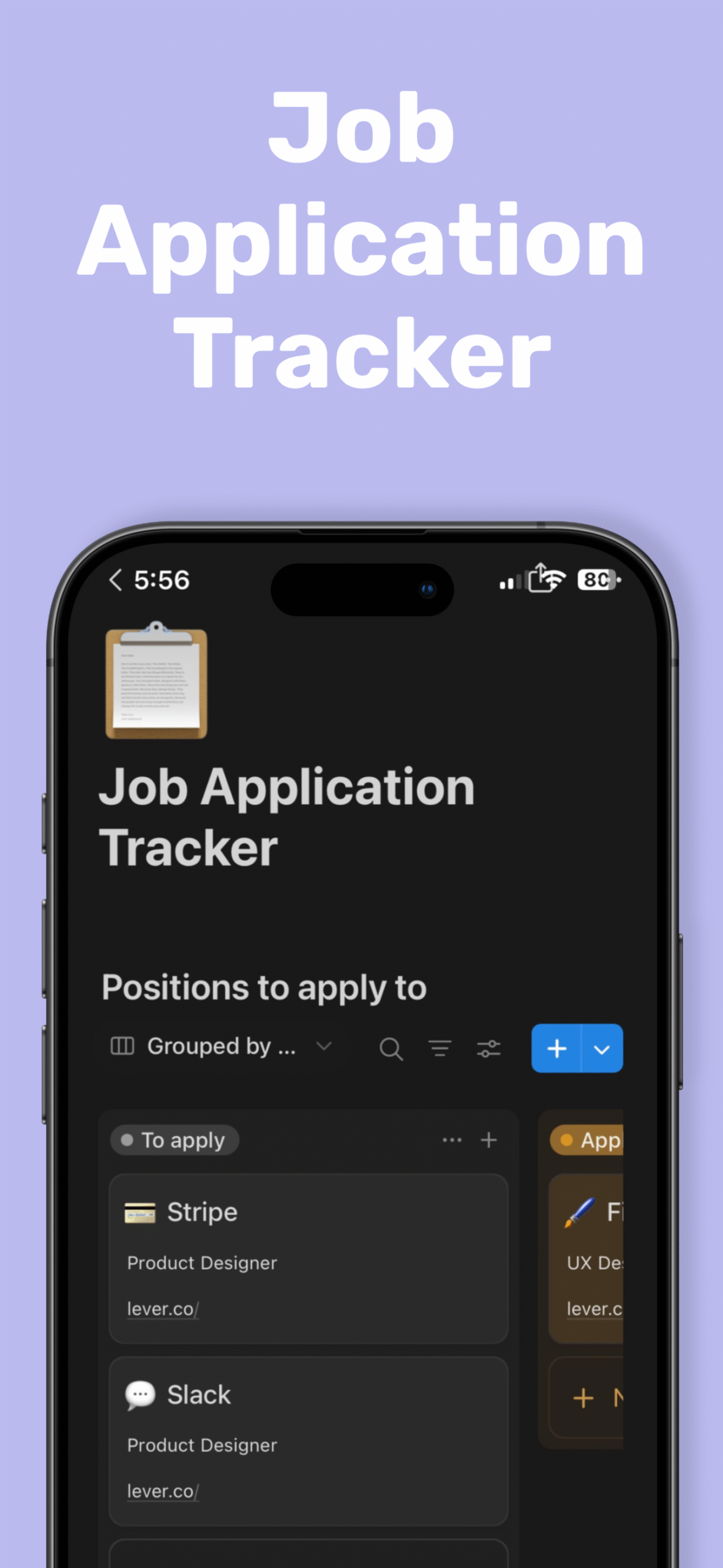
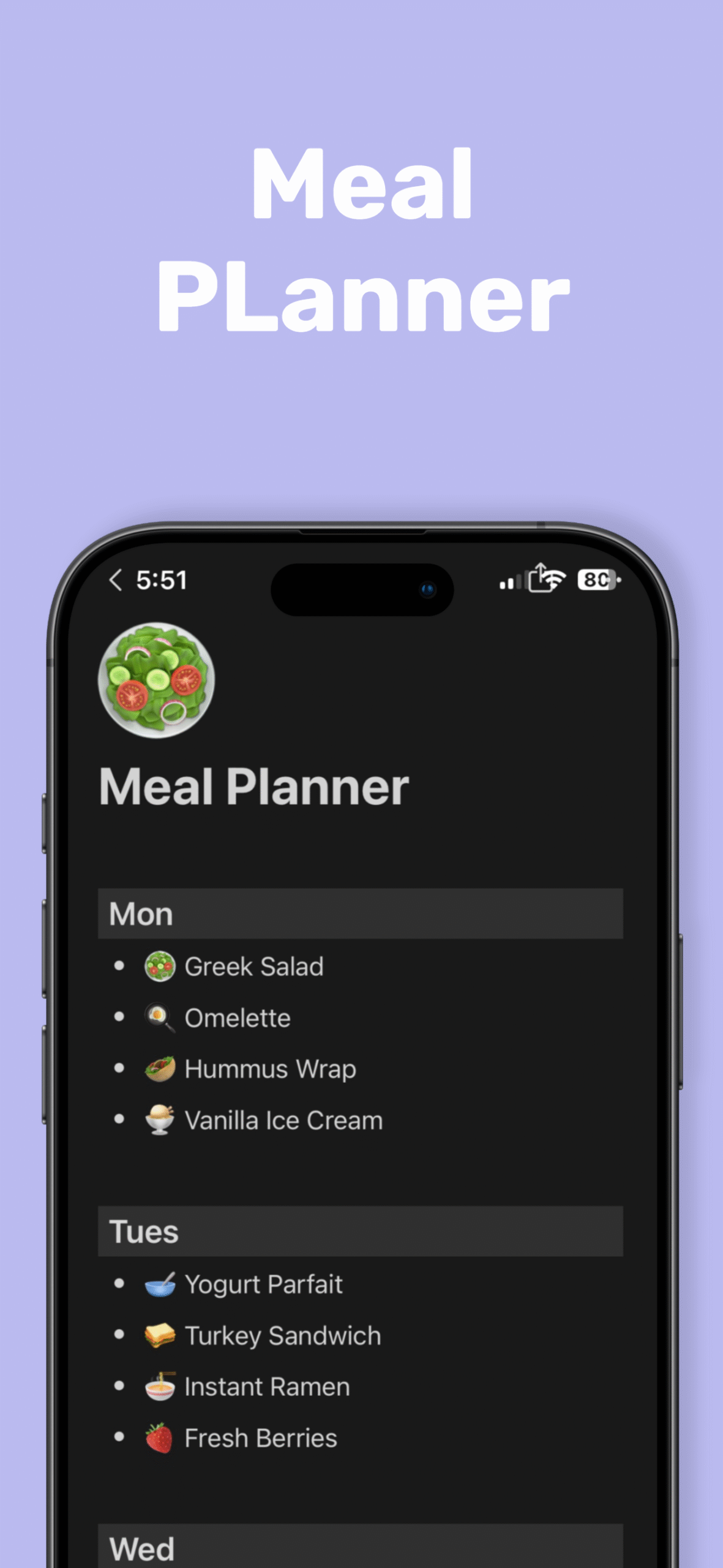

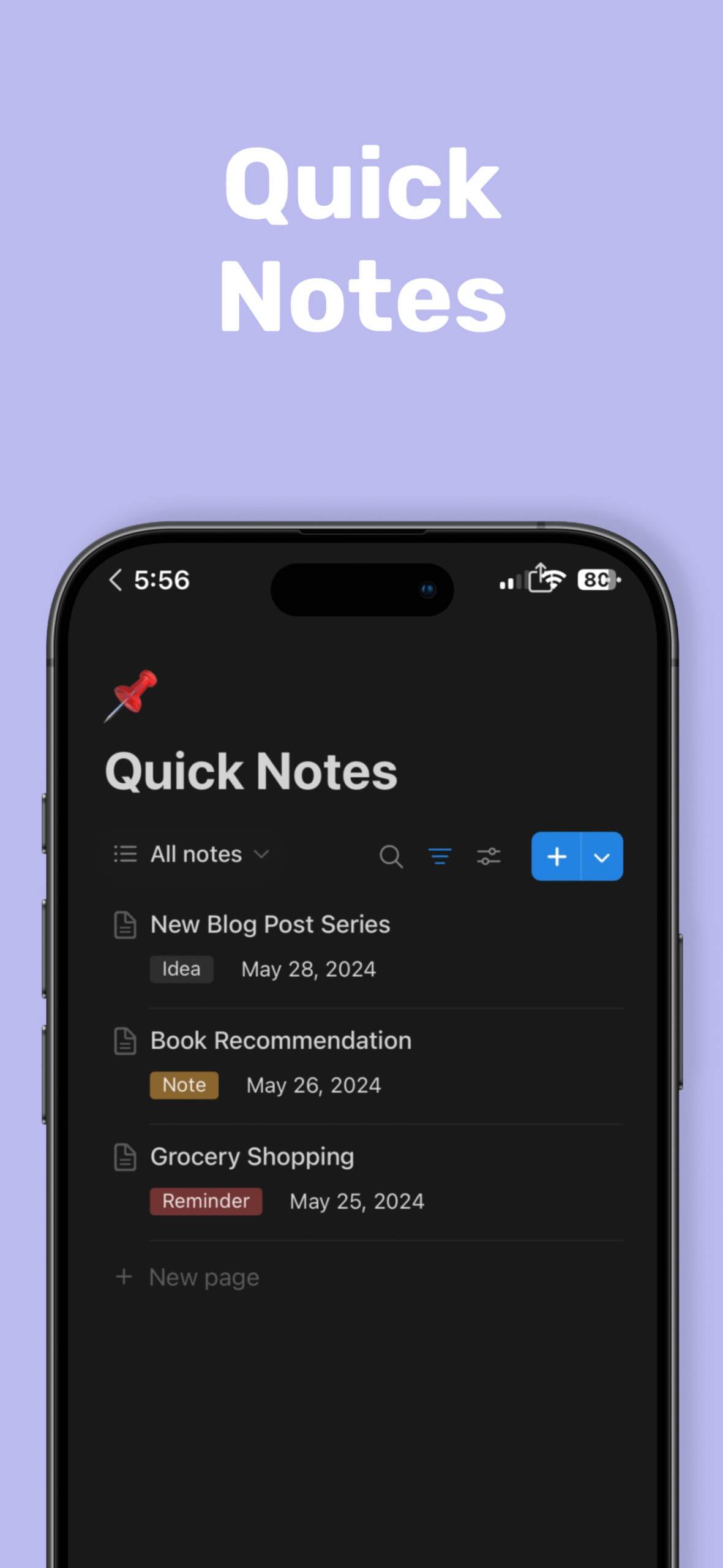
Top Features:
- Custom Templates: Create reusable formats for everything from content calendars to personal journals.
- Real-time Collaboration: Work with teams seamlessly across devices.
- Powerful Integration: Sync with Google Calendar, Slack, and more.
Best Use Case: Remote teams, students managing multiple classes, or creators planning their content.
Pro Tip: Use Notion AI to generate task lists, summarize meeting notes, and brainstorm ideas.
Spark Mail
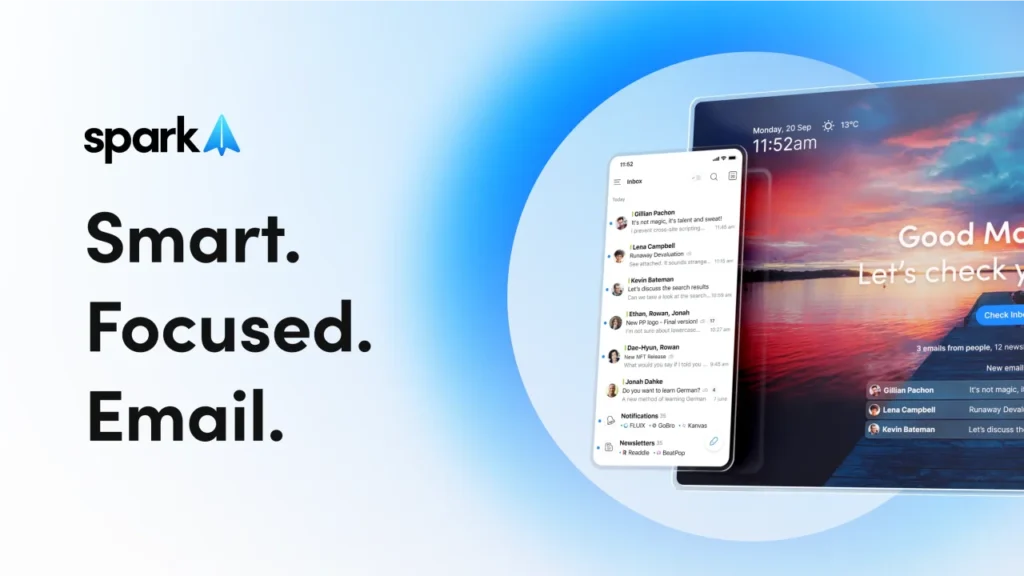
Category: Email ManagementPlatforms: iOS, Android, macOS, Windows (beta)
Why it stands out: Spark Mail helps you achieve Inbox Zero with less stress. Its smart inbox prioritizes important messages while letting you snooze or schedule less urgent ones.
Top Features:
- Smart Inbox: Categorizes emails into Personal, Notifications, and Newsletters.
- Team Collaboration: Discuss emails privately within your team.
- Follow-up Reminders: Never forget a response again.
Best Use Case: Professionals juggling multiple email accounts or teams collaborating via email.
Pro Tip: Use Spark’s “Send Later” feature to schedule emails across time zones.
Obsidian
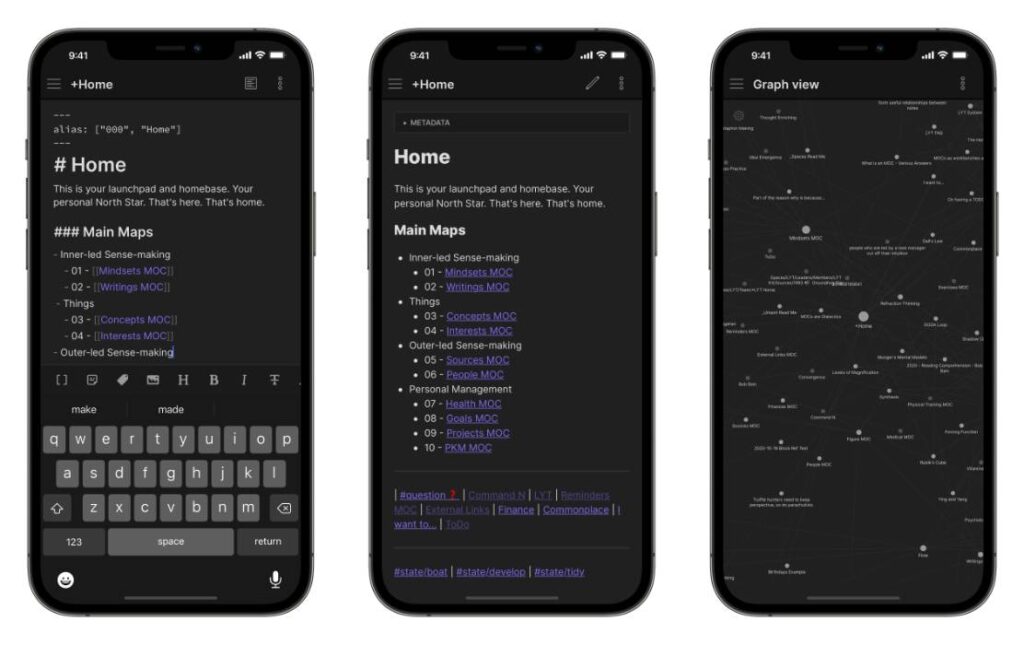
Category: Note-taking and Personal Knowledge Management Platforms: Windows, macOS, Linux, iOS, Android
Why it stands out: Obsidian is more than a note-taking app – it’s a second brain. Built around markdown and backlinking, it creates a web of connected ideas for deep thinkers and knowledge workers.
Top Features:
- Graph View: Visualize relationships between your ideas.
- Plugin Ecosystem: Hundreds of community-made plugins to extend functionality.
- Offline-First: All data is stored locally, giving you full control.
Best Use Case: Researchers, writers, or anyone building a long-term knowledge system.
Pro Tip: Use Obsidian’s Daily Notes and Templates plugins for journaling and planning.
Trello
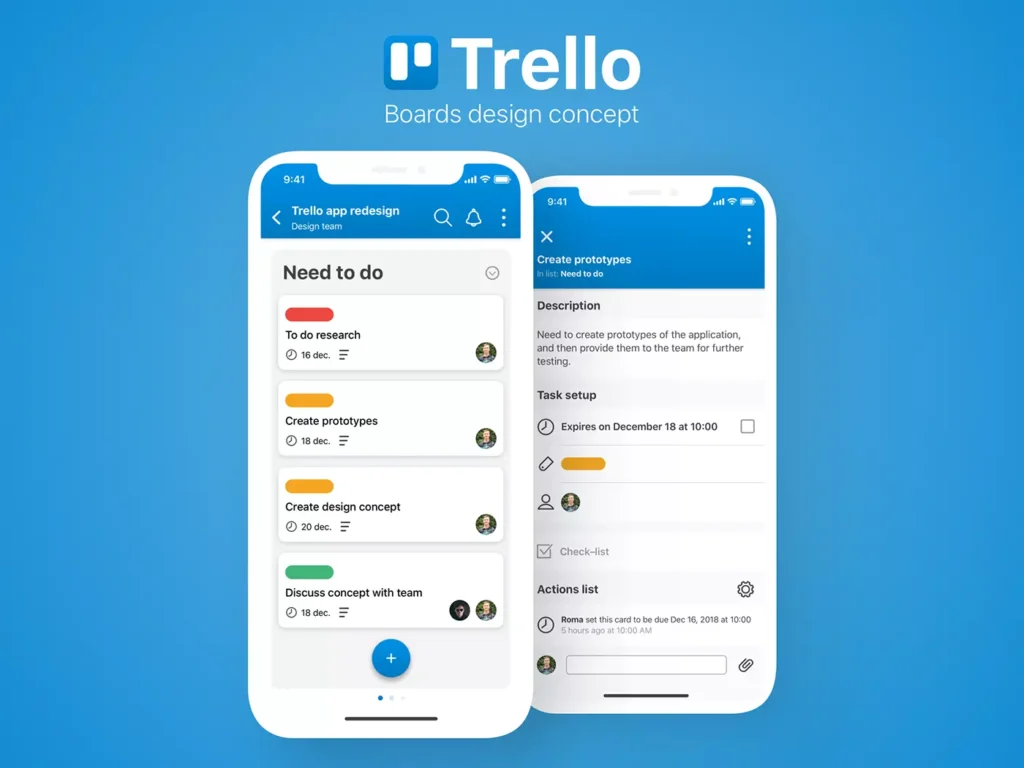
Category: Project ManagementPlatforms: Web, iOS, Android, Windows, macOS
Why it stands out: Trello remains a favorite for visual project planning. Its Kanban boards are simple to understand yet powerful enough to manage large-scale projects.
Top Features:
- Butler Automation: Automate repetitive tasks without coding.
- Card Attachments & Labels: Organize tasks visually and contextually.
- Power-Ups: Add calendar views, time tracking, and more.
Best Use Case: Teams managing sprints, event planners, or freelancers handling multiple clients.
Pro Tip: Use the Calendar Power-Up to visualize your deadlines.
Grammarly
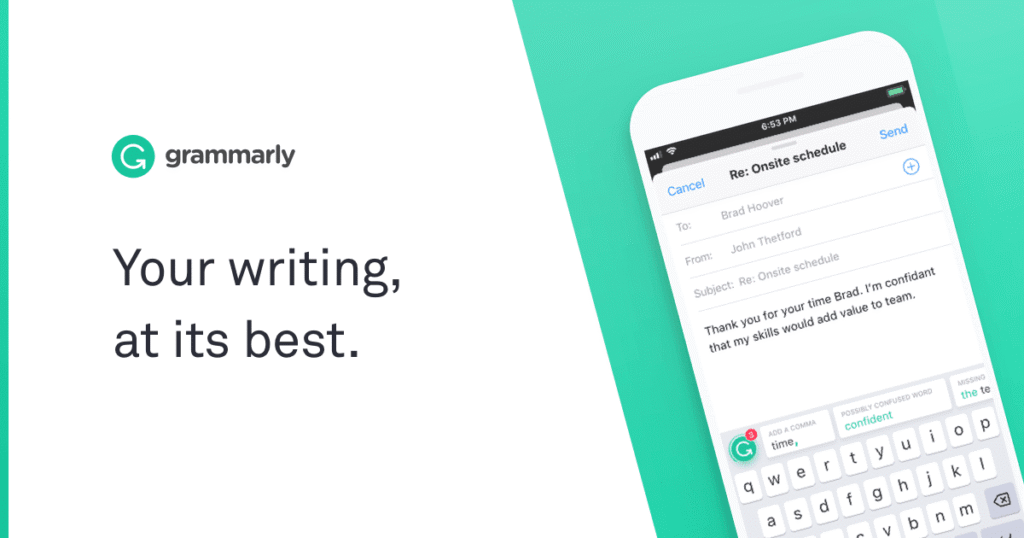
Category: Writing AssistantPlatforms: Chrome Extension, Desktop Apps, MS Word Add-in, Mobile Keyboard
Why it stands out: Grammarly has evolved from grammar correction to a comprehensive writing assistant. Its new AI features help rewrite, summarize, and adjust tone instantly.
Top Features:
- Real-time Corrections: Fix grammar, spelling, and punctuation errors as you type.
- Tone Detector: Ensure your writing matches your intent.
- Generative AI Tools: Rewrite, expand, or simplify your text.
Best Use Case: Writers, marketers, students, and professionals who write daily.
Pro Tip: Use Grammarly’s browser extension for feedback across platforms like Gmail, LinkedIn, and WordPress.
Tick Tick
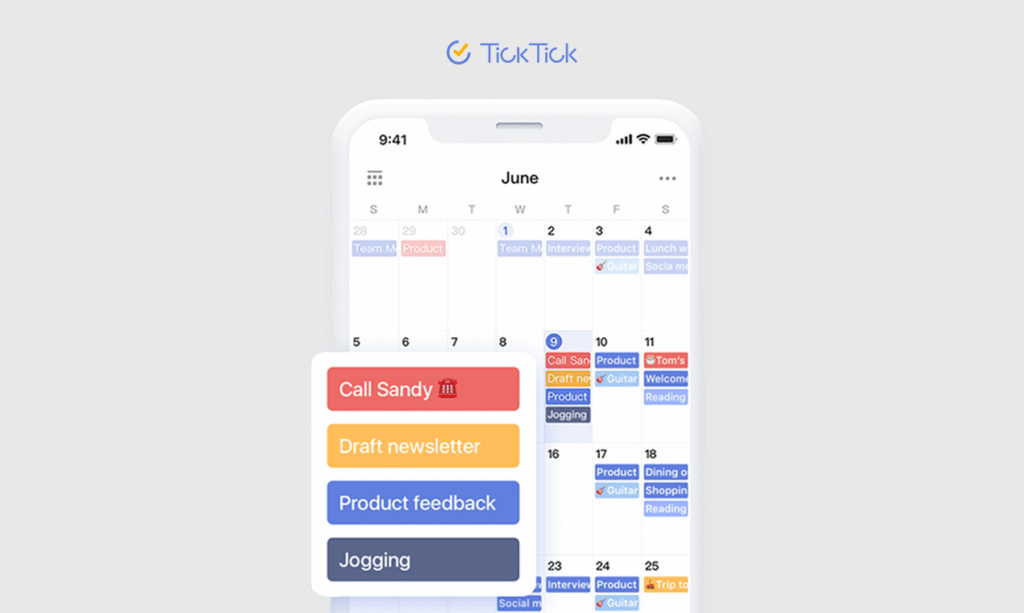
Category: To-Do List and PlannerPlatforms: Web, Windows, macOS, iOS, Android
Why it stands out: TickTick blends task management with focus tools like Pomodoro and habit tracking. It’s perfect for those who want structure without complexity.
Top Features:
- Pomodoro Timer: Built-in timer to boost focus.
- Calendar Integration: See tasks and events together.
- Habit Tracker: Build and maintain positive routines.
Best Use Case: Students, freelancers, and personal productivity enthusiasts.
Pro Tip: Use smart lists to auto-sort tasks by priority, due date, or tag.
Time Bloc
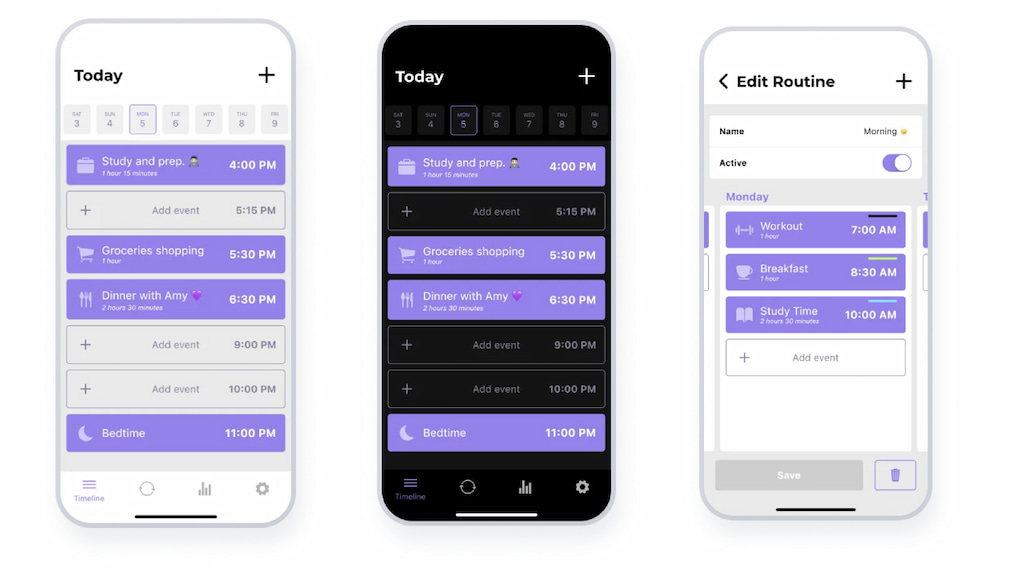
Category: Time ManagementPlatforms: iOS, Android
Why it stands out: TimeBloc brings time-blocking to your smartphone with a clean and intuitive interface. It’s ideal for users who want a bird’s eye view of their day.
Top Features:
- Routine Templates: Set repeating daily, weekly, or weekend plans.
- Analytics Dashboard: Track how you spend your time.
- Color Coding: Visual clarity to separate work, health, and personal blocks.
Best Use Case: Busy professionals, students, or anyone following a strict schedule.
Pro Tip: Use analytics weekly to identify and fix time leaks.
Final Thoughts
In 2025, productivity is no longer just about getting things done—it’s about doing the right things efficiently. These 7 apps go beyond surface-level features to provide deep, customizable productivity gains across personal and professional lives.
From building your second brain in Obsidian to taming your inbox with Spark and mastering your schedule with TimeBloc, these tools offer a complete suite for your digital life. Test them out, combine them strategically, and you’ll be well on your way to becoming a productivity powerhouse.
💡 Bonus Tip: Keep your productivity apps synced and updated. Pair them with cloud storage tools like Google Drive or Dropbox to ensure smooth data access anytime, anywhere.
For more top-rated tools, hacks, and emerging software trends, stay tuned to Solaith.com – where tech meets tomorrow.


